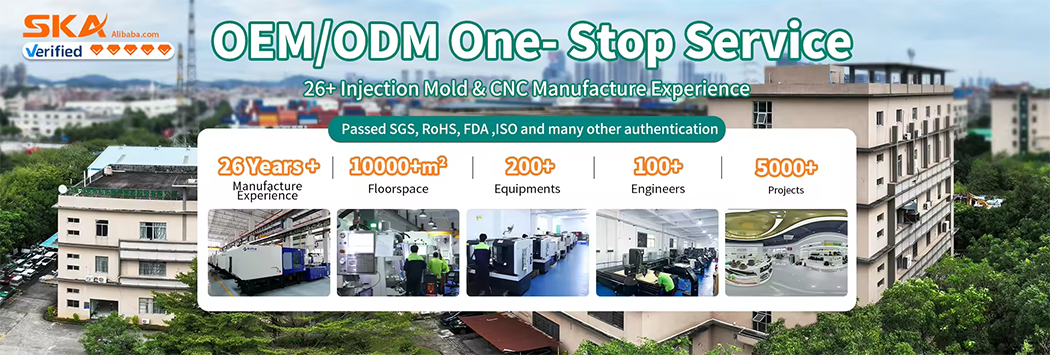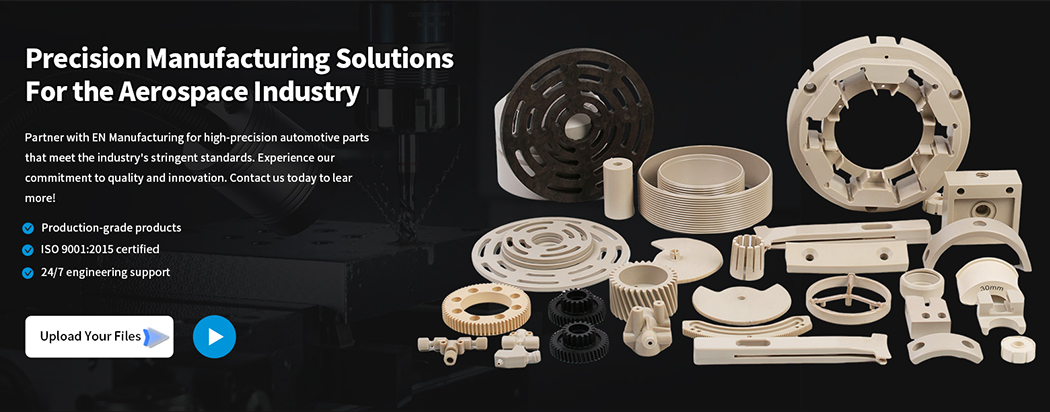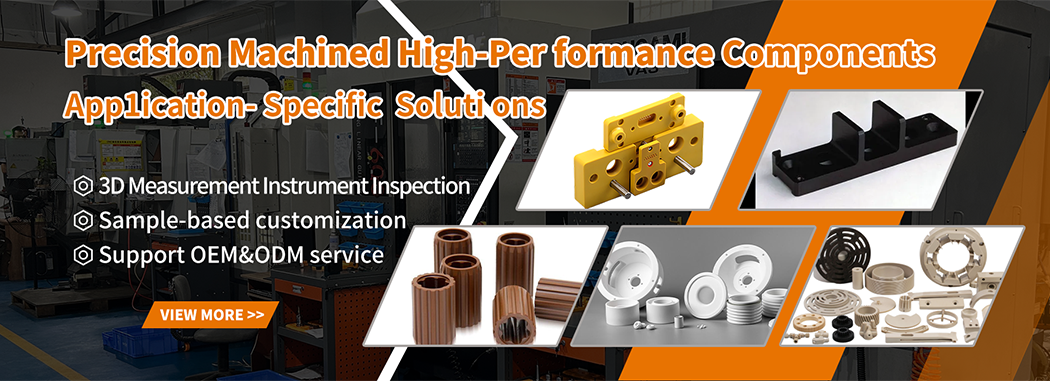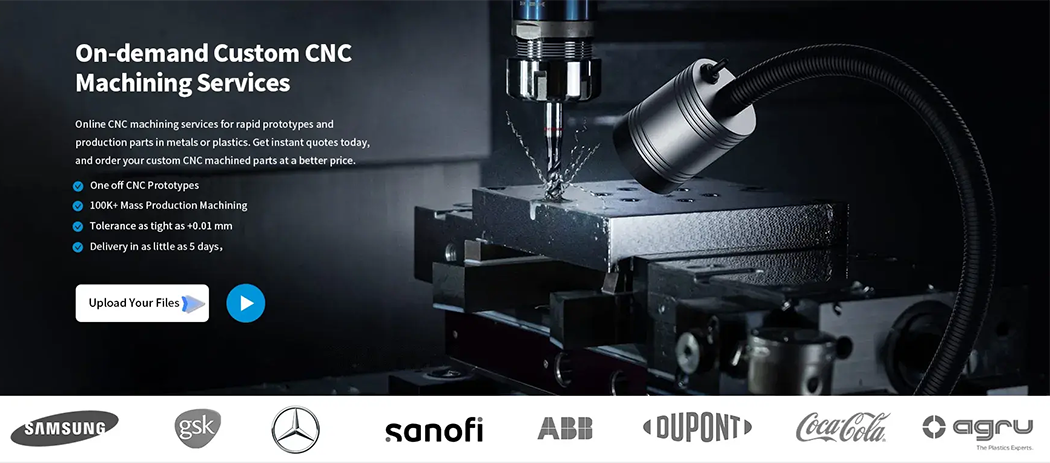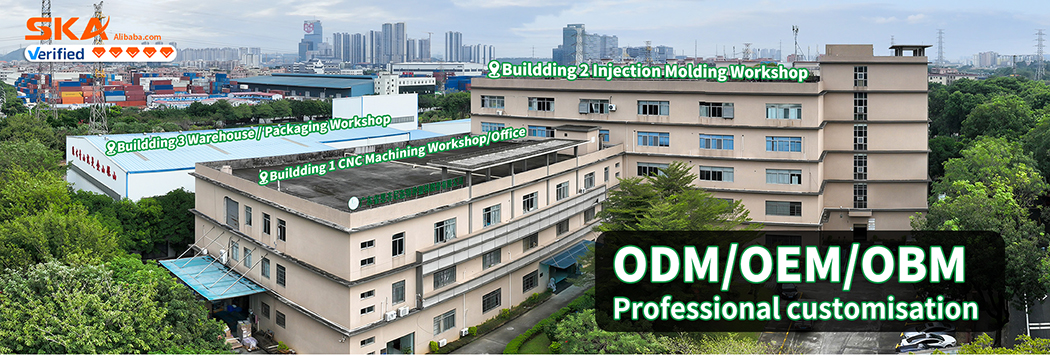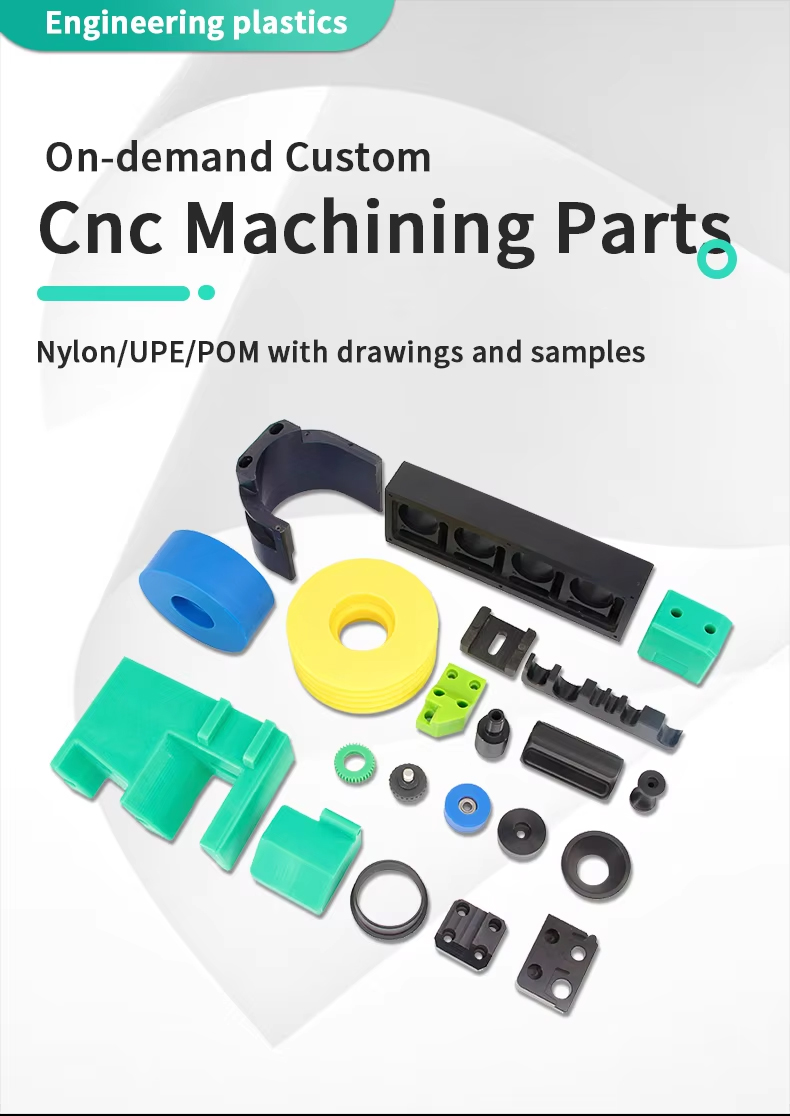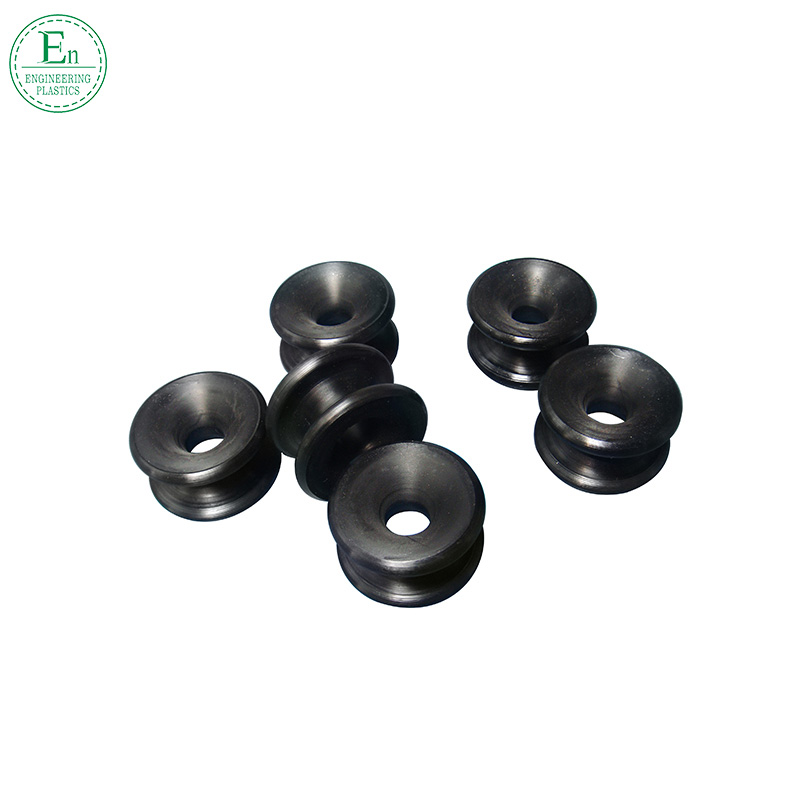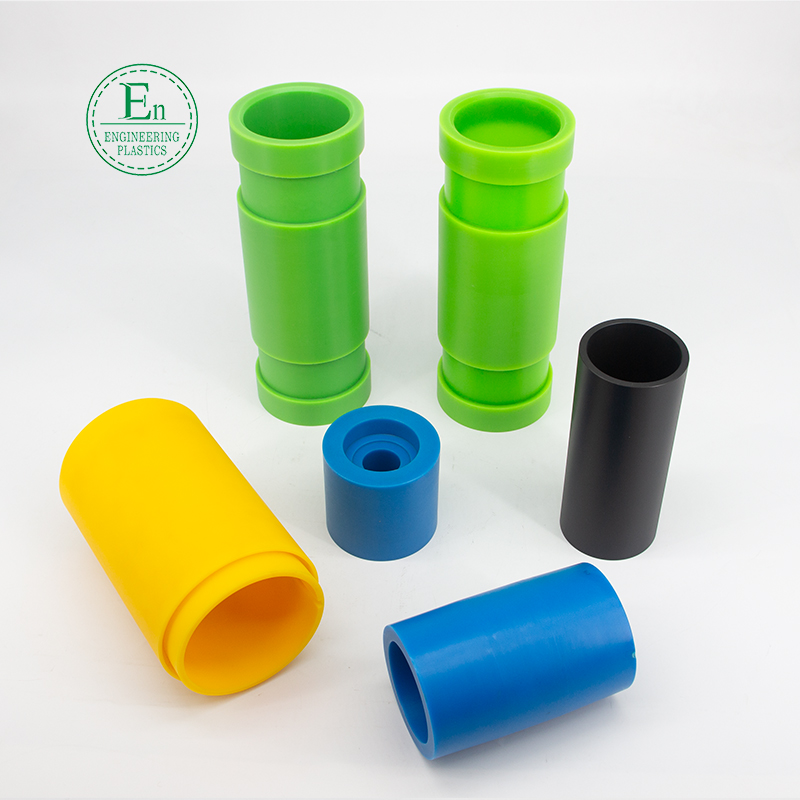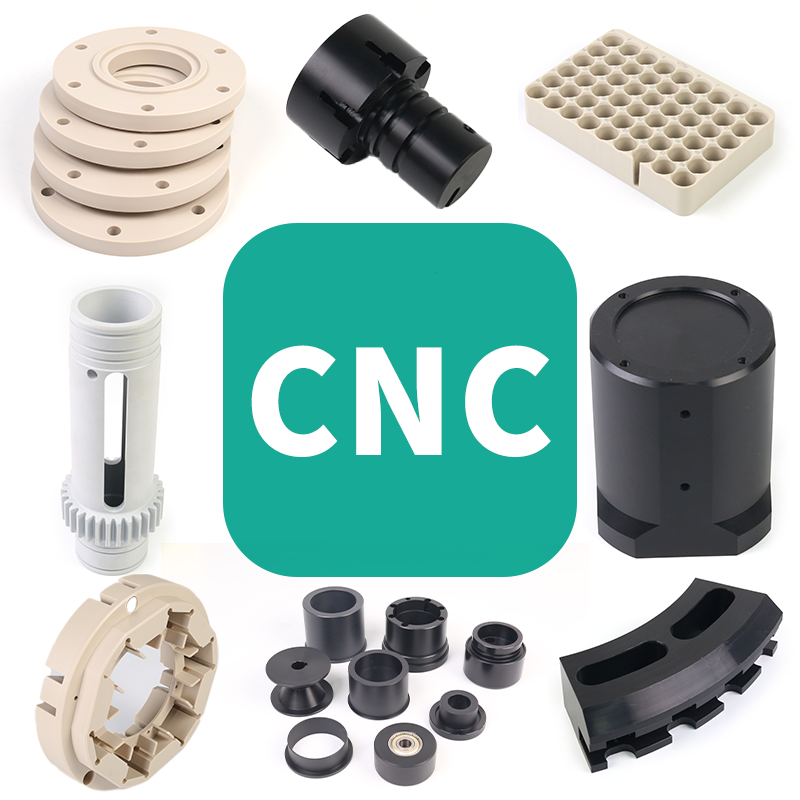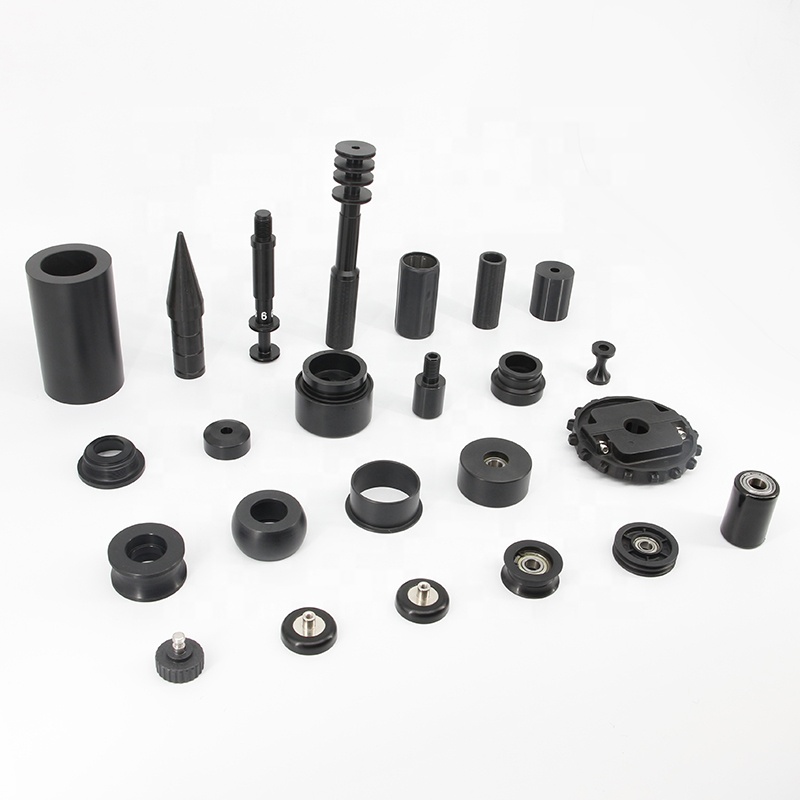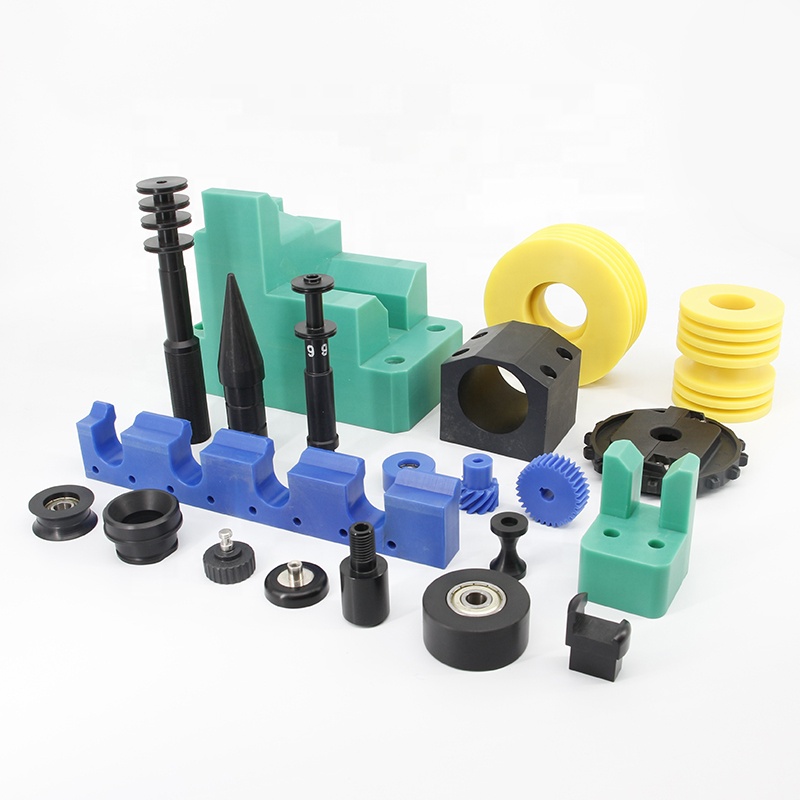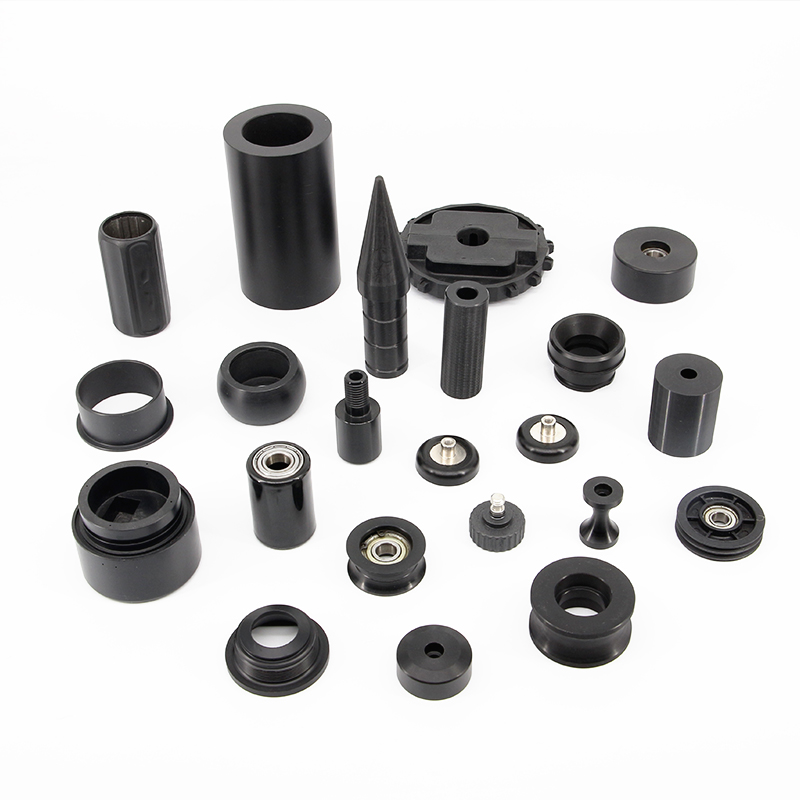Our factory specializes in high-accuracy CNC machining of plastic components, utilizing state-of-the-art computer numerical control technology to deliver exceptional dimensional consistency and complex geometries. We process a wide range of engineering-grade thermoplastics including PEEK, PPS ,PAI, PI, PBI,PTFE,Nylon, ABS, POM, UHMWPE, PE,PSF, PEI, PSU, etc, catering to industries requiring tight tolerances from automotive to medical applications.
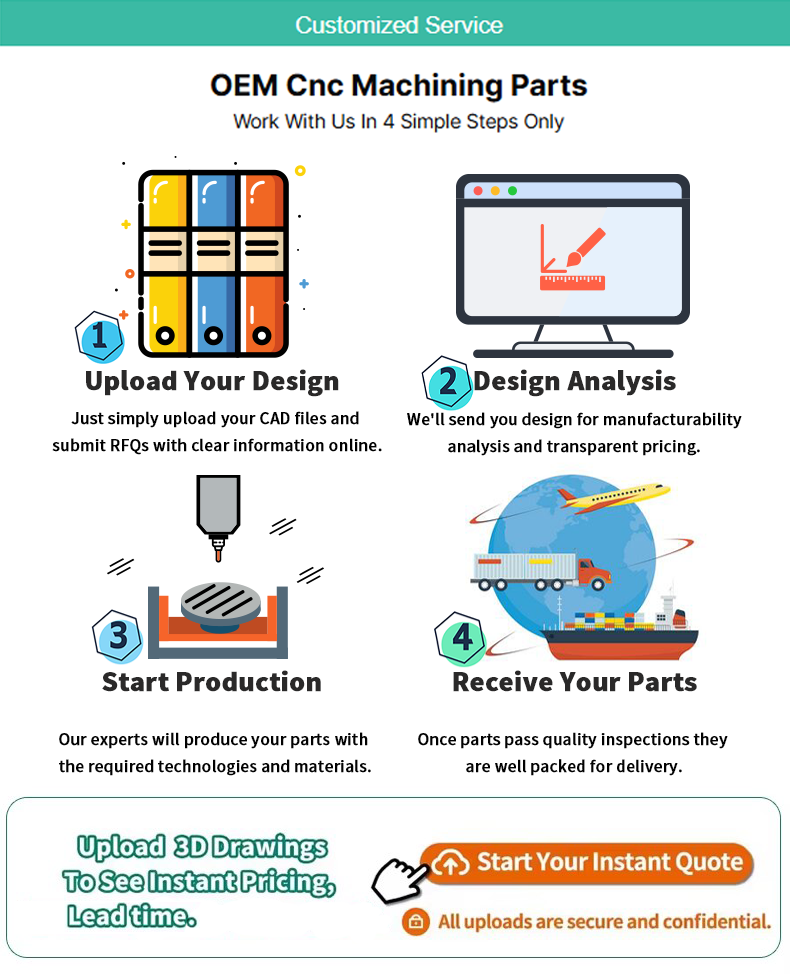
Could we schedule a call to discuss how we can optimize your next project for quality, cost, and lead time?
Email:sales@gz-plastics.com
Tel: +8618588927610
Website:https://gz-plastics.com/
In today's advanced manufacturing landscape, the demand for components with exacting specifications has never been higher. The foundation of creating these intricate and reliable parts lies in Professional Machining, a field that combines skilled craftsmanship with cutting-edge technology. From aerospace to medical devices, industries rely on the ability to transform raw materials into finished products with unparalleled accuracy. This process is not just about cutting metal; it's about engineering solutions that push the boundaries of what is possible, ensuring every component functions flawlessly as intended.
What Defines Precision Machining Services?
At its core, Precision Machining Services involve a set of subtractive manufacturing processes designed to remove material from a workpiece to create a final part based on a detailed technical drawing or 3D model. The defining characteristic is the adherence to extremely tight tolerances, often measured in micrometers. This level of accuracy is critical for parts that must fit together perfectly or withstand extreme operational stress. These services encompass a wide range of techniques, including milling, turning, grinding, and electrical discharge machining (EDM). Highly skilled technicians use a variety of materials, from common metals like aluminum and steel to advanced alloys, titanium, and engineering-grade plastics, to meet the specific requirements of each project. The ultimate goal is to deliver components that meet the highest standards of quality, consistency, and performance, forming the backbone of complex mechanical and electronic systems.
The Ultimate Guide to Bronze CNC Machining: Unlocking the Potential of a Timeless Alloy
In the world of precision manufacturing, where advanced materials are constantly emerging, bronze remains a steadfast and invaluable alloy. From massive ship propellers to delicate electrical CNC parts, its unique properties make it a top choice for engineers across industries. This guide delves into the intricacies of bronze CNC machining, exploring its benefits, common alloys, and best practices for achieving flawless results.
Why Choose Bronze? The Unmatched Advantages for Machined Parts
Bronze isn't a single metal but a family of copper-based alloys, primarily with tin. Its enduring popularity in CNC machining stems from a compelling set of characteristics:
Exceptional Machinability: Bronze is known for being free-cutting. It allows for high CNC machine speeds, produces short, breakable chips, and minimizes tool wear. This translates to faster production times, reduced costs, and superior surface finishes for precision CNC parts.
Superior Wear Resistance & Self-Lubrication: This is perhaps bronze's most celebrated trait. It has a naturally low coefficient of friction and performs excellently under high-load conditions, even with limited lubrication. This makes it the ideal material for bearings, bushings, and other wear components produced through CNC machining.
Excellent Corrosion Resistance: Bronze offers outstanding resistance to corrosion from water, seawater, chemicals, and atmospheric elements. This ensures longevity and reliability in harsh operating environments for CNC parts.
High Strength and Durability: Certain bronze alloys provide impressive tensile strength, fatigue resistance, and toughness, capable of withstanding heavy loads and repeated impact - crucial properties for high-performance CNC parts.
Non-Sparking Properties: Unlike steel, bronze tools do not generate sparks upon impact. This critical safety feature makes it indispensable for components used in explosive atmospheres, such as in the oil, gas, and mining industries.
Navigating the Bronze Alloy Family: Which One is Right for Your Project?
Selecting the correct bronze alloy is crucial for CNC machining success. Here are the most common types used in manufacturing CNC parts:
Phosphor Bronze (e.g., C54400): Renowned for its high strength, excellent fatigue resistance, and exceptional wear properties. It's often specified for heavy-duty bearings, springs, and electrical connectors produced on CNC machines.
Tin Bronze (e.g., C90500): A classic "true" bronze with good machinability and a balanced mix of strength and corrosion resistance. It's widely used for gears, valves, and pump components created through CNC machining.
Aluminum Bronze (e.g., C95400): Offers the highest strength among bronze alloys. Its corrosion and wear resistance can rival that of some stainless steels at a lower cost, making it perfect for high-stress CNC parts.
Silicon Bronze (e.g., C65500): Known for its good corrosion resistance, high strength, and excellent weldability. It's a popular choice for valve stems, pump rods, and fasteners manufactured using CNC machines.
Best Practices for Effective Bronze CNC Machining
While bronze is relatively easy to machine, adhering to proven techniques ensures optimal CNC parts quality and tool life:
Tool Selection: Sharp, positive rake angle tools made from carbide are highly recommended for CNC machining of bronze. A sharp edge provides a clean cut, prevents material "tearing," and ensures a smooth surface finish on CNC parts.
Cutting Parameters: Bronze can be machined at high speeds on modern CNC machines. However, using a generous flow of coolant or lubricant is essential. It controls heat, improves finish, and helps in efficient chip evacuation during the CNC machining process.
Chip Control: While bronze produces manageable chips, proper chip breakers and evacuation strategies are necessary in CNC machining to prevent chip entanglement, which can mar the surface finish of the CNC parts or pose a safety risk.
Partner with an Expert: The key to a successful bronze CNC machining project lies in choosing a manufacturing partner with deep expertise in non-ferrous metals. An experienced machinist can provide invaluable guidance on material selection, CNC machine programming strategies, and finishing processes for your CNC parts.
Conclusion: Bronze – A Classic Alloy for Modern CNC Precision
Bronze successfully bridges the gap between ancient craftsmanship and modern CNC machining technology. Its unique combination of machinability, durability, and performance makes it an intelligent engineering choice for critical applications that demand reliability in CNC parts.
If you are looking for a manufacturing partner to bring your next bronze CNC machining project to life with precision and expertise, look no further. Our team possesses the knowledge and advanced CNC machine capabilities to guide you from design to delivery, ensuring your components meet the highest standards of quality and performance.
Contact us today for a quote and discover how we can add value to your supply chain with our bronze CNC parts manufacturing services.



